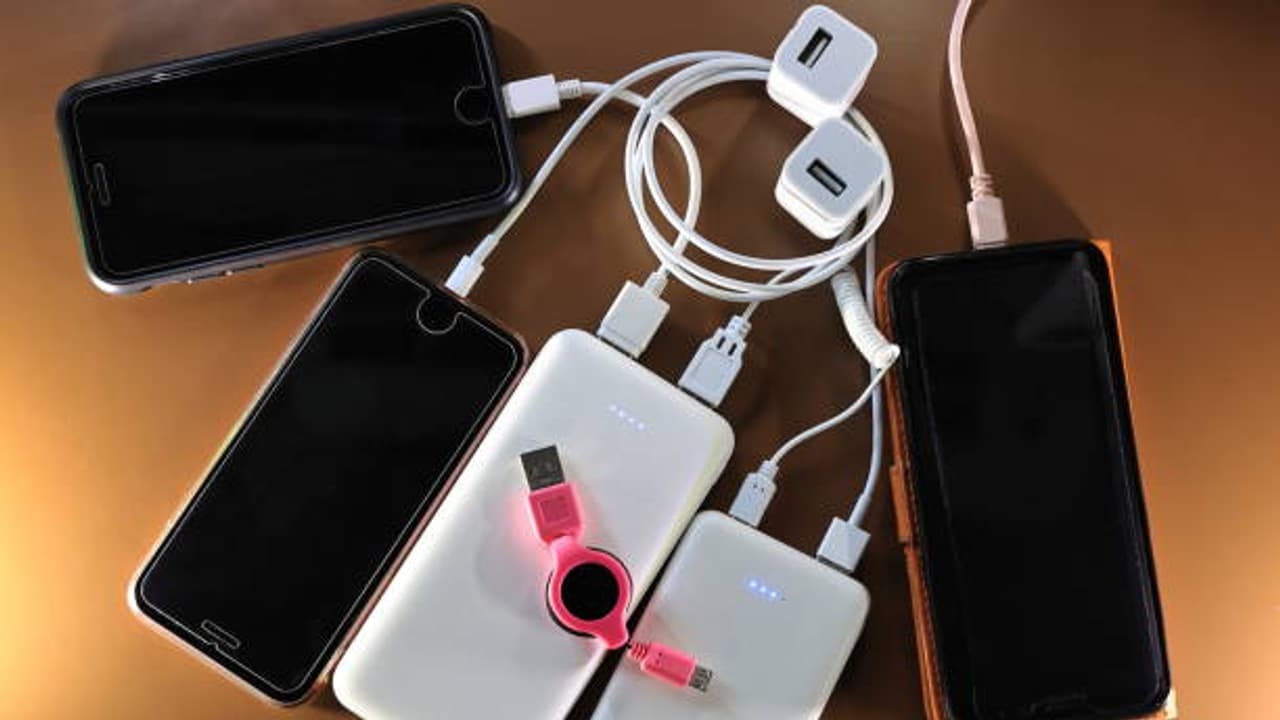Kerala Police has warned against charging phones from public USB ports. Through this cyber attack called ‘Juice Jacking’, hackers can steal your data or install malware. To avoid this, always use your charger or power bank.
During a long journey or when the phone battery suddenly runs out, we do not see where and how to charge it. There is no plug visible that we put the phone to charge, right? But now wait before charging the phone anywhere. Kerala Police has warned that one should be careful while charging phones in public places. Police say that you may be a victim of cyber fraud called ‘Juice Jacking’. The Police Media Center has warned to remain vigilant against this fraud, which has been reported several times.
What is juice jacking?
After the warning from Kerala Police, let us know in detail what juice jacking is. Juice jacking is a type of cyber attack. Through this, data can be stolen from your phone, tablet or laptop or malware can be installed in it by using public USB charging port. The term ‘juice jacking’ combines the act of ‘juicing up’ (charging) your phone and ‘hijacking’ it. Public charging stations in places like airports, hotels, and coffee shops often have USB ports. These USB connectors can transfer both power and data, making it easier for hackers to access your phone. At the same time, it is worth noting that juice jacking does not require any very complicated technique. A public USB port or cable is sufficient. Through this, your passwords, emails and financial information can fall into the hands of hackers.
How to avoid juice jacking?
The easiest way to avoid juice jacking is to use your own charging cable and power adapter instead of a public USB port. Use a USB data blocker. Always carry a portable charger with you on long trips. Use safe charging stations. Regularly update your smartphone’s operating system and applications. Disable data transfer when connected to a USB port.
